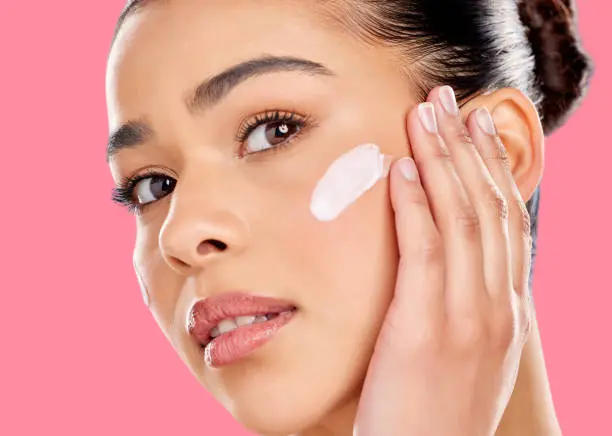Choosing the right sunscreen is essential for maintaining healthy skin and protecting it from the harmful effects of ultraviolet (UV) radiation.
Each skin type has different needs, making product selection crucial for ensuring its effectiveness. Understanding your skin type and the required protection criteria helps you choose the right sunscreen.
The Importance of Choosing the Right Sunscreen for Your Skin Type

Choosing the right sunscreen depends on its compatibility with your skin's specific needs. It helps to:
- Avoid irritation and skin sensitivity.
- Ensure good absorption without leaving a greasy or dry finish.
- Provide balanced protection from harmful rays.
Determine Your Skin Type Before Choosing a Sunscreen
Knowing your skin type is a fundamental step in determining the appropriate sunscreen formula for protection. For example:
- Oily skin needs a light formula.
- Dry skin needs a sunscreen rich in moisturizers.
- Sensitive skin needs a gentle, fragrance-free sunscreen.
Understanding Sun Protection Factor (SPF)
The sun protection factor (SPF) in sunscreen helps prevent the harmful effects of UV rays. For example:
- For daily use, SPF 30 is recommended.
- For prolonged sun exposure, SPF 50 is preferable.
- A higher SPF does not guarantee complete protection.
Choosing Between Mineral and Chemical Sunscreens
There are different types of sunscreens, so care should be taken when choosing the right one.
- Mineral sunscreens are suitable for sensitive skin.
- Chemical sunscreens absorb easily and do not leave a white cast.
- The choice depends on personal comfort and skin type.
Reading the Ingredients Carefully Before Buying
Reading the ingredients when choosing a sunscreen helps you avoid allergic reactions by:
- Avoiding fragrances for sensitive skin.
- Choosing oil-free products for oily skin.
- Choosing nourishing ingredients for dry skin, such as hyaluronic acid.
Ensuring the Sunscreen Provides Broad-Range Protection
When choosing a sunscreen, make sure it protects against UVA and UVB rays:
- UVA protection prevents premature aging.
- UVB protection reduces the risk of sunburn.
Testing the product and its texture on the skin

One of the steps in choosing the right sunscreen is testing it to ensure its texture suits your skin by:
- Ensuring it absorbs quickly.
- Not leaving excessive shine or a white cast.
- Not causing irritation or clogging pores.
Frequently Asked Questions about Choosing the Right Sunscreen for Skin Type
Can I use the same sunscreen on my body and face?
Yes, but facial sunscreens are generally lighter and gentler on the skin.
Should I use sunscreen indoors?
Yes, especially if there are windows or exposure to blue light.
Is sunscreen suitable for acne-prone skin?
Yes, provided it has a light, oil-free texture.
Does dark skin need sunscreen?
Yes, as UV rays damage all skin tones without exception.
Article Summary
Choosing the right sunscreen depends on understanding your skin type, reading the ingredients, and considering the SPF and texture.
Because sunscreens play a role in protecting the skin from premature aging, pigmentation, and problems resulting from continuous sun exposure, and by paying attention to these criteria, one can obtain an effective sunscreen that gives the skin health and freshness.